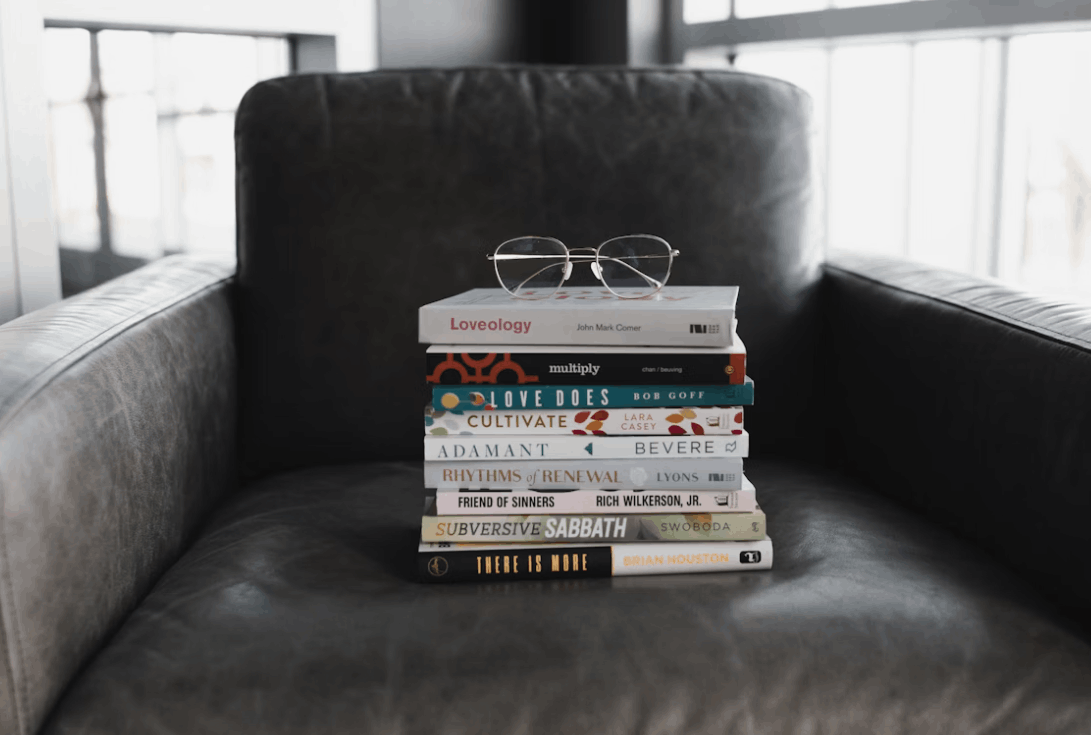Building Personal Library

Creating a personal library represents far more than mere book accumulation—it's an ongoing curatorial process that reflects intellectual journey, aesthetic sensibility, and evolving relationship with knowledge and storytelling. A thoughtfully assembled home library serves as both personal sanctuary and intellectual legacy, offering immediate access to worlds of ideas while documenting one's literary development over time. The process of building such a collection involves strategic consideration of physical space, organizational logic, and acquisition philosophy.
The foundation of any great personal library begins with honest assessment of reading preferences and intellectual interests. Rather than chasing prestige or following arbitrary must-read lists, focus on collecting works that genuinely resonate with your curiosity and values. This authenticity ensures your library remains actively used rather than becoming decorative storage. Include books that have shaped your thinking, brought comfort during difficult times, or sparked lasting fascination. Leave space for serendipitous discoveries—those unexpected books that might not fit obvious patterns but somehow feel essential to your collection.
Physical organization requires balancing aesthetic appeal with practical accessibility. The traditional approach of alphabetical organization by author works well for fiction, while nonfiction often benefits from subject-based grouping. Consider creating special sections for particularly meaningful categories: perhaps a shelf for signed editions, another for travel-related reading, or a dedicated space for books that influenced your professional development. Incorporate comfortable reading spaces near your collection—a good chair, proper lighting, and minimal distractions transform book storage into reading environment.
Acquisition strategy should balance intentionality with spontaneity. Support local independent bookstores for discovery and community connection, while using online resources for hard-to-find editions. Used bookstores and library sales offer economical ways to explore new areas without significant financial commitment. Remember that not every book needs to be purchased new—the history contained in secondhand books adds character to your collection. Establish personal guidelines for what justifies adding a physical book versus borrowing or purchasing digital editions.
Quality considerations extend beyond content to physical production. Well-made books with sewn bindings, acid-free paper, and quality typesetting will endure through multiple readings and potentially become heritage items. Learn to identify quality printing—notice paper weight, binding construction, and typographic elegance. While not every book needs premium production, key works in your collection deserve editions that will physically last as long as their content remains relevant to you.
Digital integration has become essential to modern personal libraries. Use cataloging apps to track your collection, prevent accidental duplicates, and identify gaps. Develop a system for integrating physical and digital reading—perhaps using e-books for discovery while acquiring physical copies of works that prove particularly meaningful. Cloud storage for notes and annotations creates valuable connections across your reading life that transcend format limitations.
A living library requires periodic curation rather than indefinite accumulation. Regular assessment helps identify books that no longer serve your interests or align with your values—these can be passed along to other readers through donation or exchange. This pruning process keeps your collection vibrant and relevant, ensuring it reflects who you are rather than who you were. The ultimate goal isn't comprehensive coverage but rather creating a deeply personal ecosystem of ideas and stories that will continue to nourish your intellectual and emotional life for years to come.